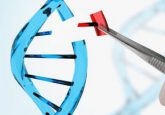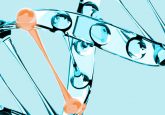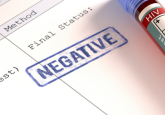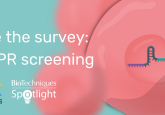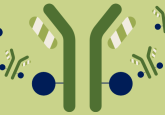Boosting natural killer cells could help fight cancer
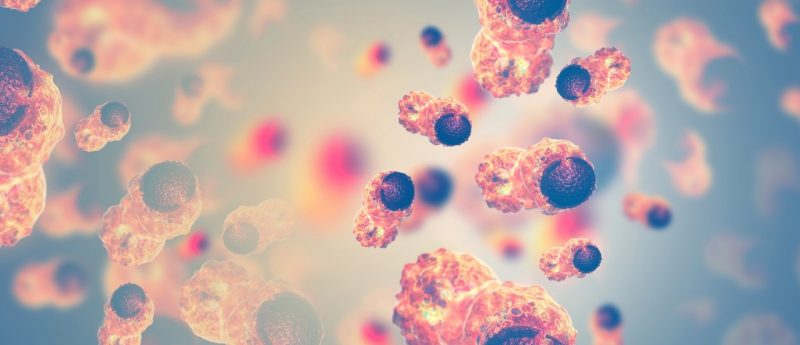
Cancer cells can be sensitized to natural killer cells, providing an increased immune response.
Researchers at Calico Life Sciences LLC (CA, USA) have discovered a novel method of inducing the immune system to react to cancer cells. By harnessing the power of natural killer (NK) cells, scientists can exploit the innate immune system to launch an immune response against cancer.
In recent years immunotherapy has been used to treat a broad range of cancers in the form of checkpoint inhibitors. Unfortunately, while checkpoint inhibitors have revolutionized cancer treatment, they are not always successful and some patients show resistance to them. Checkpoint inhibitors provide anti-tumor immunity via the adaptive immune system; however, resistance can occur when cancer cells cease antigen presentation preventing an immune response being elicited.
NK cells are cytotoxic lymphocytes that form a vital part of the innate immune system. NK cells trigger rapid immune responses to damaged cells by releasing cytokines and they also release cytotoxic granules that can trigger apoptosis in target cells.
Scientists carried out genome-wide CRISPR screens to identify variations in genes that increased the response of NK cells. Particular focus was paid to pathways relating to interferon-gamma signaling, which tumors unresponsive to immunotherapy are usually insensitive to.
These screens highlighted the molecule DCAF15 – an ‘adaptor’ protein involved in determining the ubiquitination of cellular machinery. Ubiquitination is responsible for many aspects of cellular control including DNA repair, proliferation of the cell and recycling of proteins.
Cancer cells lacking DCAF15 were more sensitive to NK cells because there was an increased immune response triggered by the cancer cells exhibiting symptoms of inflammation.
The team then demonstrated that indisulam, an experimental anti-leukemia drug that regulates DCAF15, caused an increase in CD80, a molecule important for stimulating an increased immune response. This suggests that drugs like indisulam could be used to boost the immune system’s response to cancer cells.
Additional analysis of leukemia patients demonstrated that acute myeloid leukemia patients whose cancer cells produced lower levels of DCAF15 had a better prognosis.
“We have identified DCAF15 as an important molecule in controlling the body’s immune response to tumors,” commented senior author Jeff Settleman. “The finding that an existing drug, indisulam, was able to reproduce the immune-promoting effects of deleting DCAF15, alongside our observation that AML patients with lower levels of DCAF15 had better clinical outcomes, suggests that blocking this molecule may be a beneficial strategy in the treatment of blood cancers.”
